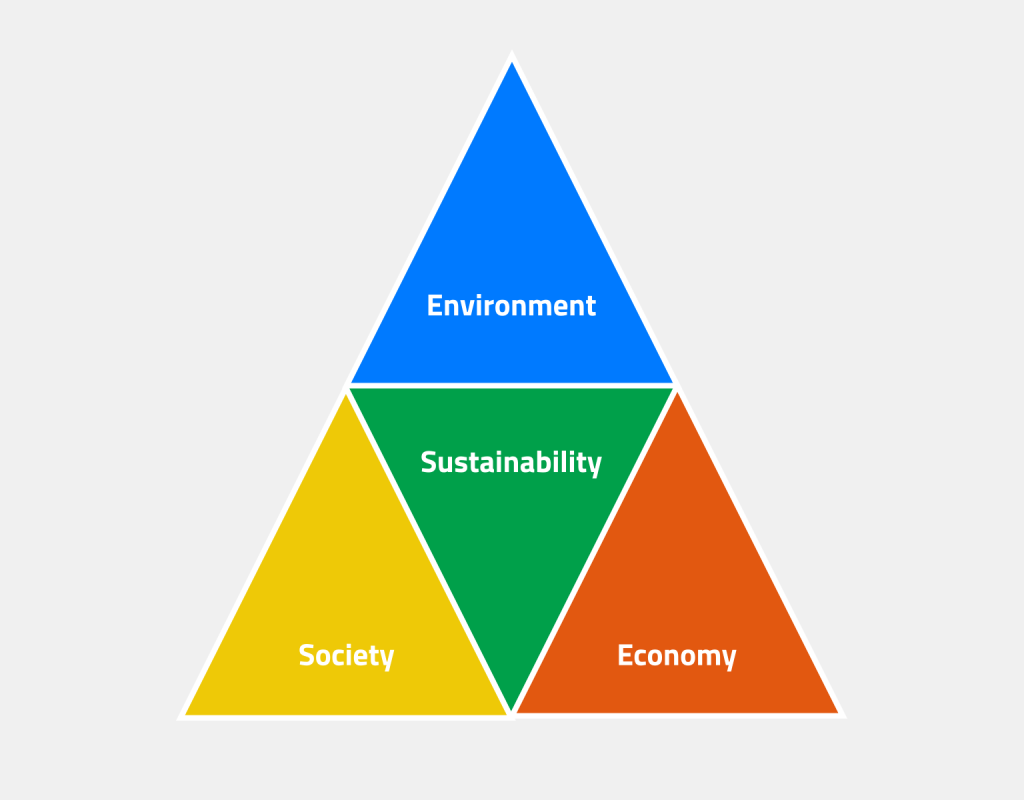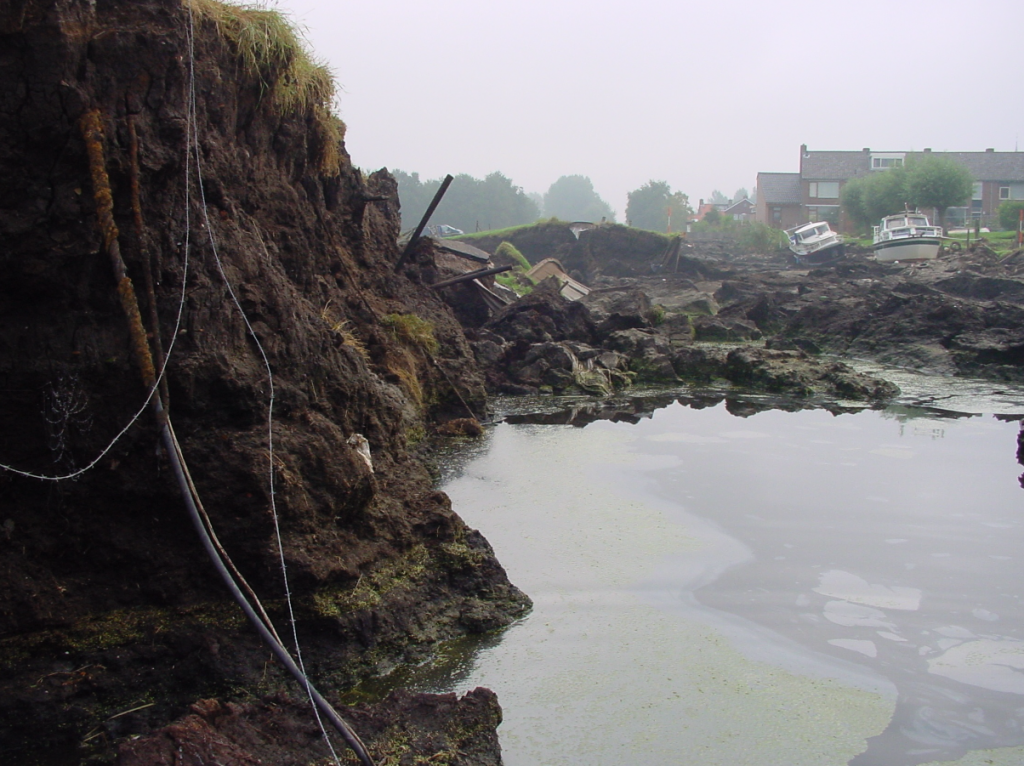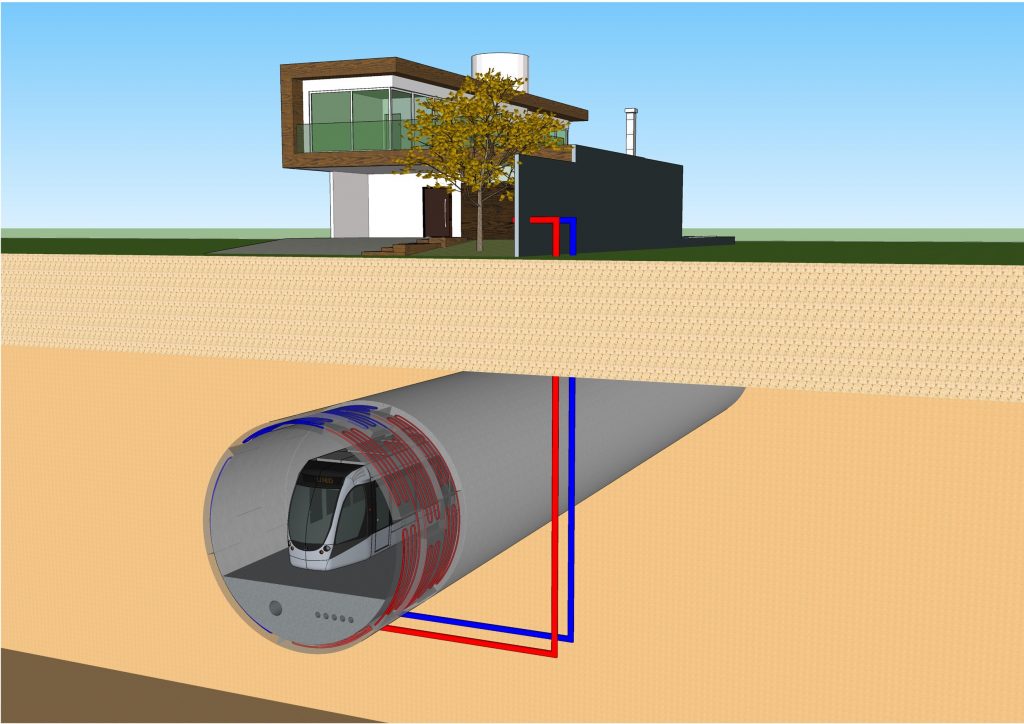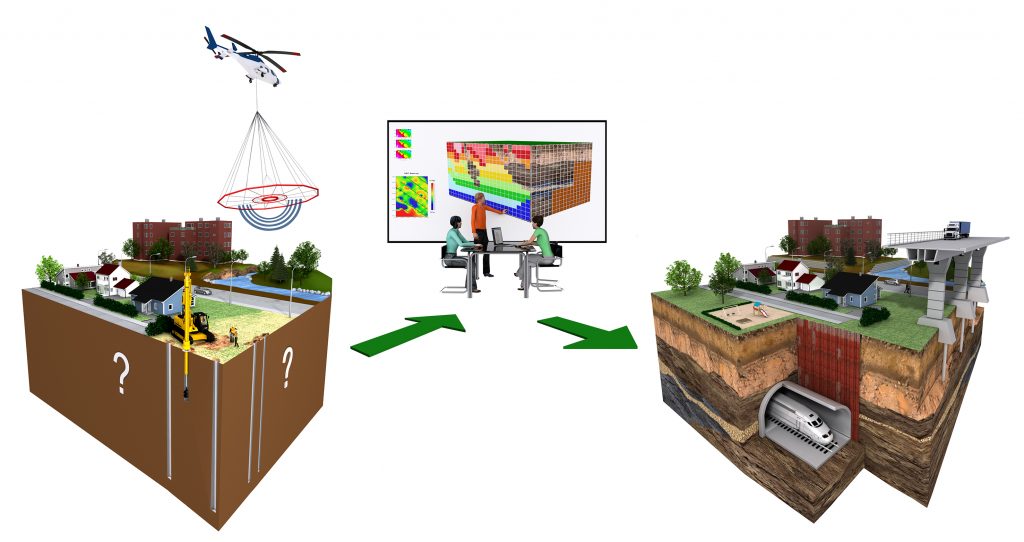
Working groups
The ELGIP members pool their knowledge and experience together on subjects that are important to the community, in the form of working groups. Together the active members can make a bigger impact or more progress than alone. Members come together, often a few times a year, to work on their respective subject. The subjects may vary from highly specific geotechnical subjects, to more general areas of expertise, to working groups that have a more generic goal e.g. to show the importance of geotechnical engineering to a broader public.
The current workings groups are:
– Transport Infrastructure
– Peat Behavior
– Sustainability
– Climate Change Adaptation
– Geothermal Energy

Sustainability
Sustainability is a development that meets the needs of the present without compromising the ability of future generations to meet their own needs. In geotechnical engineering, sustainability is taken into account through, among other things, reuse of waste materials and foundations, the use of environmental friendly materials, and reduction of the impact of geotechnical solutions on nature and climate.
Read more
Peat Behavior
Peat is widely available in Northern hemisphere and tropics (including the ELGIP countries). Soil mechanics focusses on sands, clays and silts, relatively little attention for peats. Still many engineering peat related problems, having an impact on society. Understanding peat behaviour helps to overcome todays challenges, like resilience of infrastructure, CO2 emission, climate change adaption.
Read more
Energy Geostructures
The increased need for renewable energy sources has led to expansion of shallow geothermal applications for heating and/or cooling of buildings.
Read more
Transport Infrastructure
The Transport Infra working group wants to bring the importance of geotechnical engineering to the attention of the European infrastructure sector by:
Read more
Climate Change Adaptation
Climate change impacts on natural grounds and geotechnical constructions are expected to differ substantially throughout Europe.
Read more